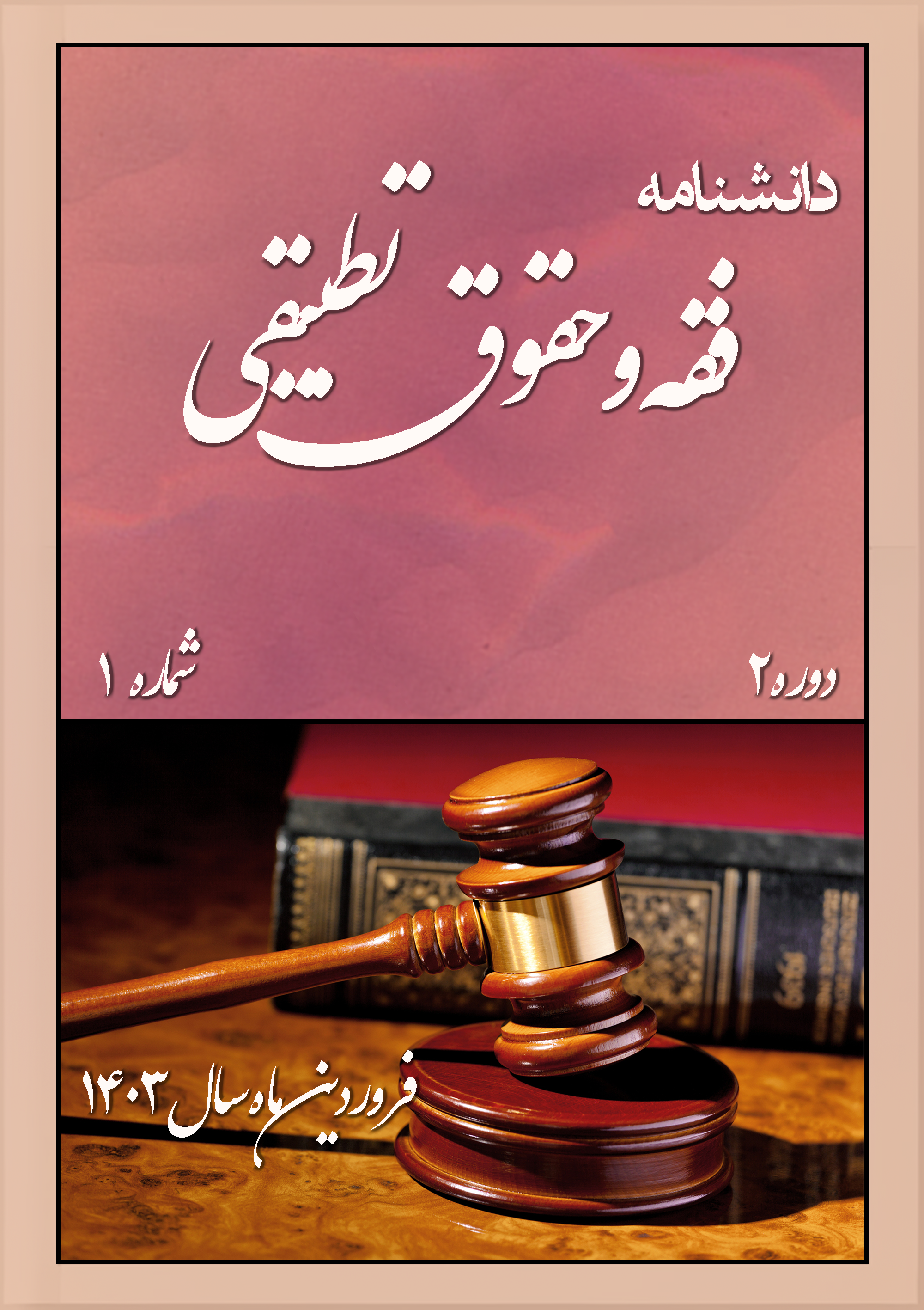A Comparative Jurisprudential Analysis of the Concept of Conditional Contracts in Islamic Sharia and Its Applications in Modern Law
Keywords:
Conditional contracts, Islamic jurisprudence, modern law, suspensive conditions, legal comparison, contractual justice, legal systemsAbstract
This article provides a comparative analysis of the concept of conditional contracts in Islamic jurisprudence and modern law, examining the strengths and weaknesses of both legal systems. Conditional contracts, as an important legal tool, enable the arrangement of obligations dependent on specific conditions and have applications in various fields, including commercial transactions, family law, and international contracts. In Islamic jurisprudence, these contracts are analyzed based on principles such as justice, adherence to agreements, and the objectives of Sharia, whereas modern law emphasizes practical criteria, transparency, and flexibility. Using an analytical and comparative approach, this study examines the perspectives of various Islamic schools of thought and contemporary legal systems, highlighting both differences and similarities. The findings suggest that, despite theoretical discrepancies, significant commonalities exist. The research proposes strategies to enhance the alignment between Islamic jurisprudence and modern law and offers recommendations to improve the legal frameworks related to conditional contracts. The results indicate that combining the ethical and legal principles of Islamic jurisprudence with the modern legal tools of contemporary systems can contribute to more comprehensive and responsive legal frameworks.



















